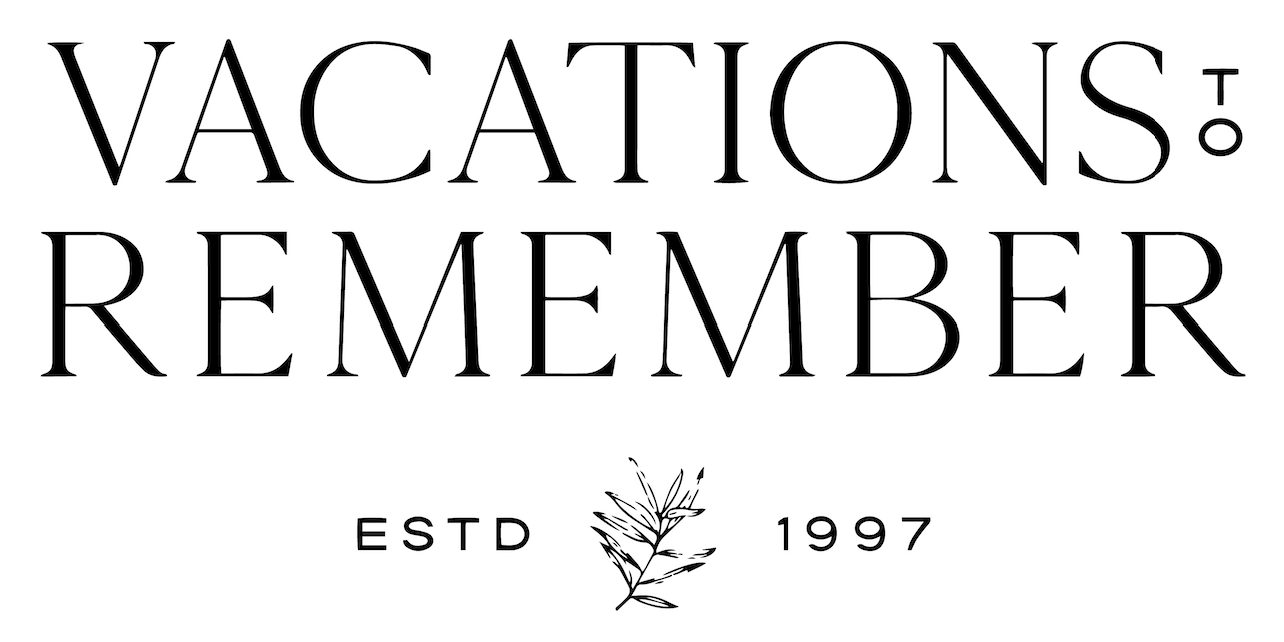A Guide For An American’s First Time Traveling To Europe
Europe is a dream destination for many, with its rich history, diverse cultures, and stunning landscapes. But for American first-timers, there can be a few surprises. As your trusted travel agency, we want to help you prepare for an incredible and smooth journey. Here's what you need to know before you go:
Embrace the European Way: Accommodation & Comforts
One of the first things you might notice is that European hotels operate a little differently than their American counterparts.
Air Conditioning Can Be Rare: Especially in older or more charming boutique hotels, air conditioning is not always standard. If you're traveling during warmer months, check with your hotel beforehand or be prepared for potentially warmer nights.
Cozy Quarters & No Washcloths: European hotel rooms are often smaller than what you're used to in the States. Space is at a premium, so expect more compact layouts. Another common surprise? Face cloths (washcloths) are rarely provided. You might want to pack your own if you can't live without one!
Getting Around: Walk, Train, and a Few Potential Hiccups
Europe is incredibly well-connected, but navigating transportation requires a bit of an open mind.
Walkability is King: Many European cities are designed for walking, and it's often the best way to soak in the atmosphere and discover hidden gems. Comfortable walking shoes are an absolute must!
Train Travel: An Adventure in Itself: European train networks are extensive and efficient. However, unlike flying, there's no one to handle your luggage for you. You're responsible for getting your bags on and off the train and stowing them on overhead racks or designated luggage areas. Pack smart and be prepared to lift your own bags!
Mind the Strikes: Transportation strikes (trains, buses, taxis, and even flights) are more common in Europe than in the US. While they typically don't last long, they can definitely disrupt your plans. Stay informed about local news, and always have a backup plan.
Taxis & Uber: Taxis are readily available in most major cities, but don't expect Uber to be as prevalent or as cheap as it is in the US. In some cities, Uber might not even operate. Familiarize yourself with local taxi apps or simply hail one from a designated stand.
Money, Electronics & Practicalities
A few practicalities to keep in mind to avoid any hiccups.
Currency & Cards: The Euro is the common currency in many European countries, but others have their own (e.g., Swiss Francs, British Pounds). Make sure you have some local currency for small purchases. Also, be aware that American Express is not always accepted in Europe, so it's wise to have a Visa or Mastercard as your primary card.
Power Up with Converters: Your American electronics won't work without a power converter and adapter. Europe uses different voltage and plug shapes. Don't forget to pack one for each device you plan to use!
Tipping Etiquette: Forget the automatic 20% tip! Tipping culture is different in Europe. Service charges are often included, and a small tip (rounding up the bill or leaving a few Euros) is usually sufficient if you're happy with the service. You're not expected to tip the same percentage as in America.
Restaurant Pacing: European dining is a more leisurely affair. Don't expect your server to check on you every five minutes or bring the bill before you ask. Take your time, enjoy your meal, and simply signal for your server when you're ready for the check.
Safety & Health: Be Prepared
While Europe is generally safe, it's always wise to be vigilant.
Passport Protocol: Your passport is your most important document. When you're out and about, consider carrying a photocopy or a digital image on your phone, and leave the physical passport secured in your hotel safe. You'll only need the physical passport for flights, train travel between countries, and potentially for checking into accommodations. (Keeping in mind that some countries do require you to have it on your person at all times… Italy being one of them!)
Public Restrooms: A Quest: Public restrooms are not as abundant as in the US, and when you do find one, there might be a small fee (often around one euro) to use it. Always carry some small coins for this purpose, and take advantage of restrooms in cafes or museums when you see them.
Pickpockets are Real: Especially in crowded tourist areas, pickpockets are a concern. Be aware of your surroundings, keep your valuables secured (a cross-body bag or money belt is excellent), and avoid flashing large amounts of cash.
Smoking is More Common: You'll likely encounter more people smoking in public areas in Europe than you're used to in the US. Be prepared for this, especially in outdoor cafes and even some indoor establishments.
Airline Luggage Restrictions: European airlines, especially budget carriers, often have stricter weight and size restrictions for luggage than American airlines. Be sure to check your airline's specific policies to avoid unexpected fees at the airport.
Go with the Flow: The Unwritten Rule of European Travel
Perhaps the most important thing to remember for your first trip to Europe is this: things are different here, and things will go wrong. Your train might be delayed, you might get lost, or your favorite restaurant might be closed.
Embrace the unexpected! Part of the magic of international travel is experiencing new cultures and adapting to different ways of doing things. Go with the flow, maintain a sense of humor, and remember that these "bumps in the road" often make for the most memorable travel stories.
Europe is waiting for you, filled with incredible experiences. By keeping these tips in mind, you'll be well on your way to an unforgettable adventure! Happy travels!
